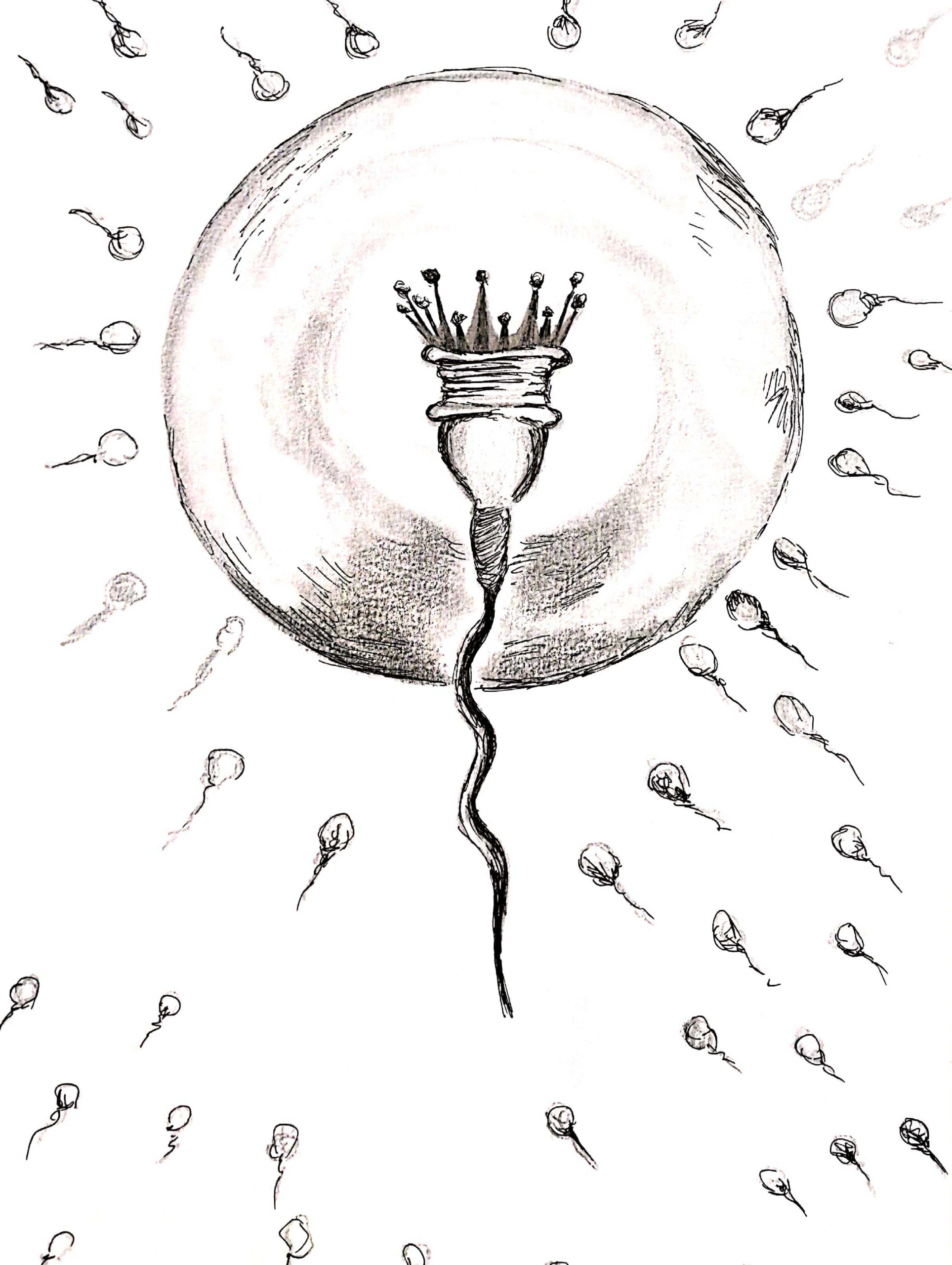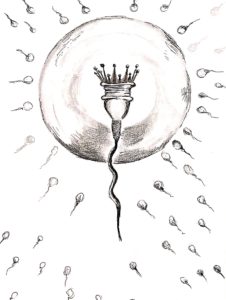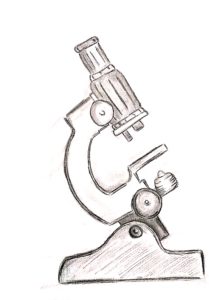The male reproductive system is dependant on chemicals known as hormones, created by a system beginning in the brain’s hypothalamus. The hypothalamus acts as the bridge between the brain and the endocrine (hormonal) system.
The hypothalamus releases gonadotropin-releasing hormone (GnRH). This GnRH then reaches the pituitary gland, at the base of the brain, and stimulates the release of two gonadotropin hormones: luteinizing hormone (LH) and follicle-stimulating hormone (FSH).
Both LH and FSH affect the testes, however through their affinity to different testicular parts each has a distinctive effect. LH stimulates the production of testosterone (and other steroid hormones), while FSH is needed for sperm production.
This system is self-regulated and kept balanced using negative feedback loops. The amount of end product steroid hormones affect the hypothalamus, ensuring that the required amounts of hormones are being released.



